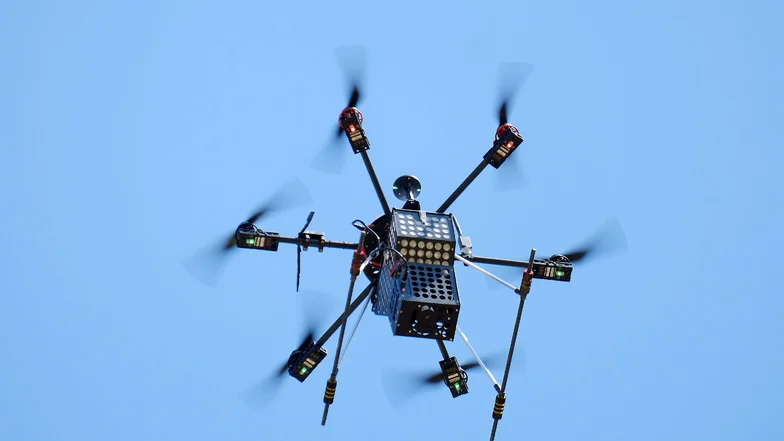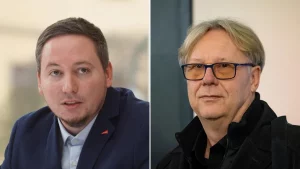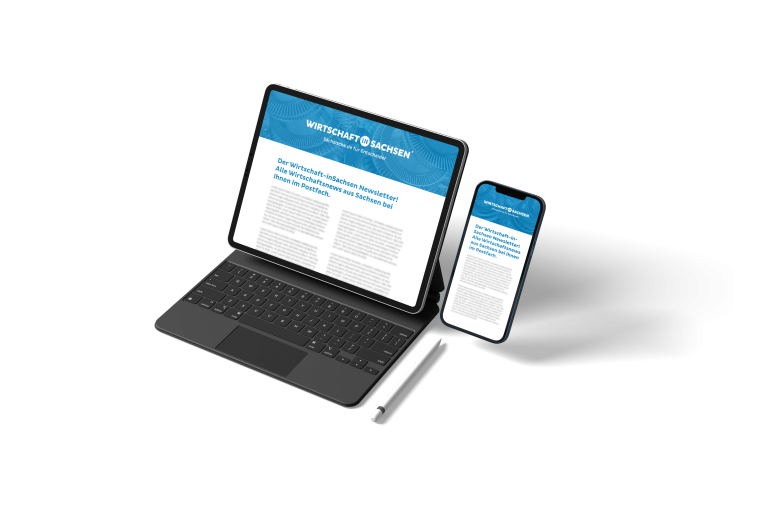Meissen. Drones are no longer just for technology enthusiasts. Slowly but surely, drones are being used in more and more areas of life. In photography, parcel delivery, but also in agriculture, there are some interesting projects that integrate drone technology.
Recently, the winery presented around Wackerbarth Castle the use of agricultural drones, but they are by no means the first to do so. The private winery Proschwitz Castle Prinz zur Lippe has already been testing the use of drones in Seußlitz with a partner for two years. This year, after a long trial period, the drones are to be standardized and used for crop protection for the first time.
Drones as help
So-called agricultural drones are not to be confused with the conventional drones that can be easily purchased from specialist retailers. Björn Probst, viticulture manager at the Schloss Proschwitz winery, explains that these drones require much more payload and are correspondingly larger and heavier. "The drones pick up a concentrated spray liquid. Due to the air circulation, they have an extremely fine and very even distribution on the foliage wall," he explains the approach of the drones.
He adds that the results of the test flights so far have been very satisfactory. As the basic age of the winegrowers increases and thus also the physical strain of spraying the vineyard by hand, such an agricultural drone is a great help.
A step into the future?
Nevertheless, it is necessary to sound out the drones delicately, which in turn is determined by weather conditions, such as the heat last summer, Probst recalls. Before a drone can take off over the terraced vineyard, however, there are a few things to consider, he says. Due to the size of the technical device, it is important to register it with the authorities, a permit is required for plant protection and, finally, someone is needed who is allowed to control the drone.
Probst definitely sees the future in this type of technology. "In my personal opinion, with the subject matter in the terraced vineyard and especially in the winegrowers' cooperative, we cannot avoid developing such techniques. The requirements for the individual to acquire this pesticide certificate will become more and more stringent. We also have to find solutions for the hobby vintner, how he gets his small terrace vineyard sprayed," says Probst.
What is still missing, however, besides the partly lacking enthusiasm of the winegrowers' cooperative, is communication, which Probst is trying hard to achieve. "When a resident sees a large drone flying around in the area, it raises questions," says Probst. "The sight may still be unfamiliar to some."








